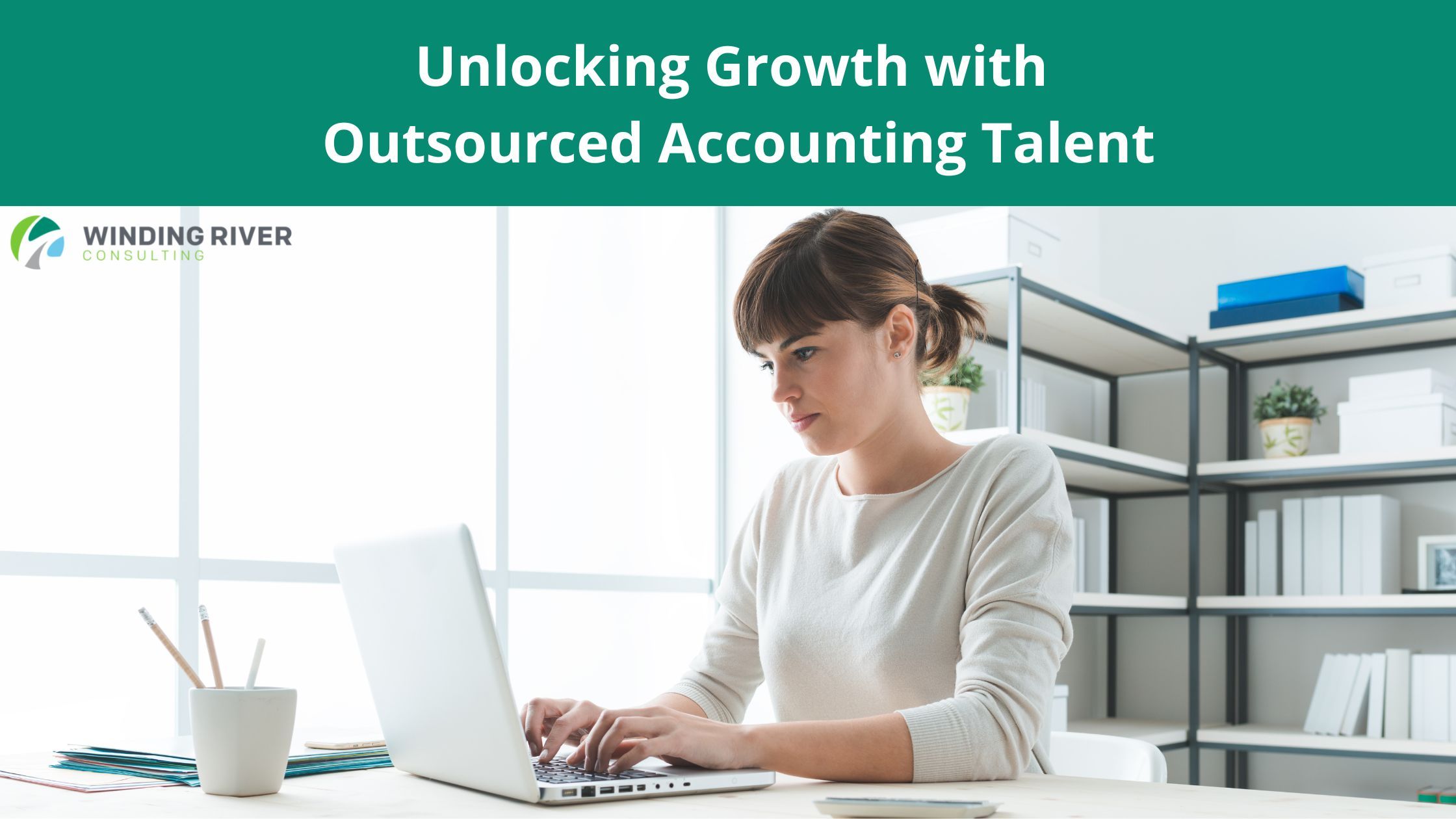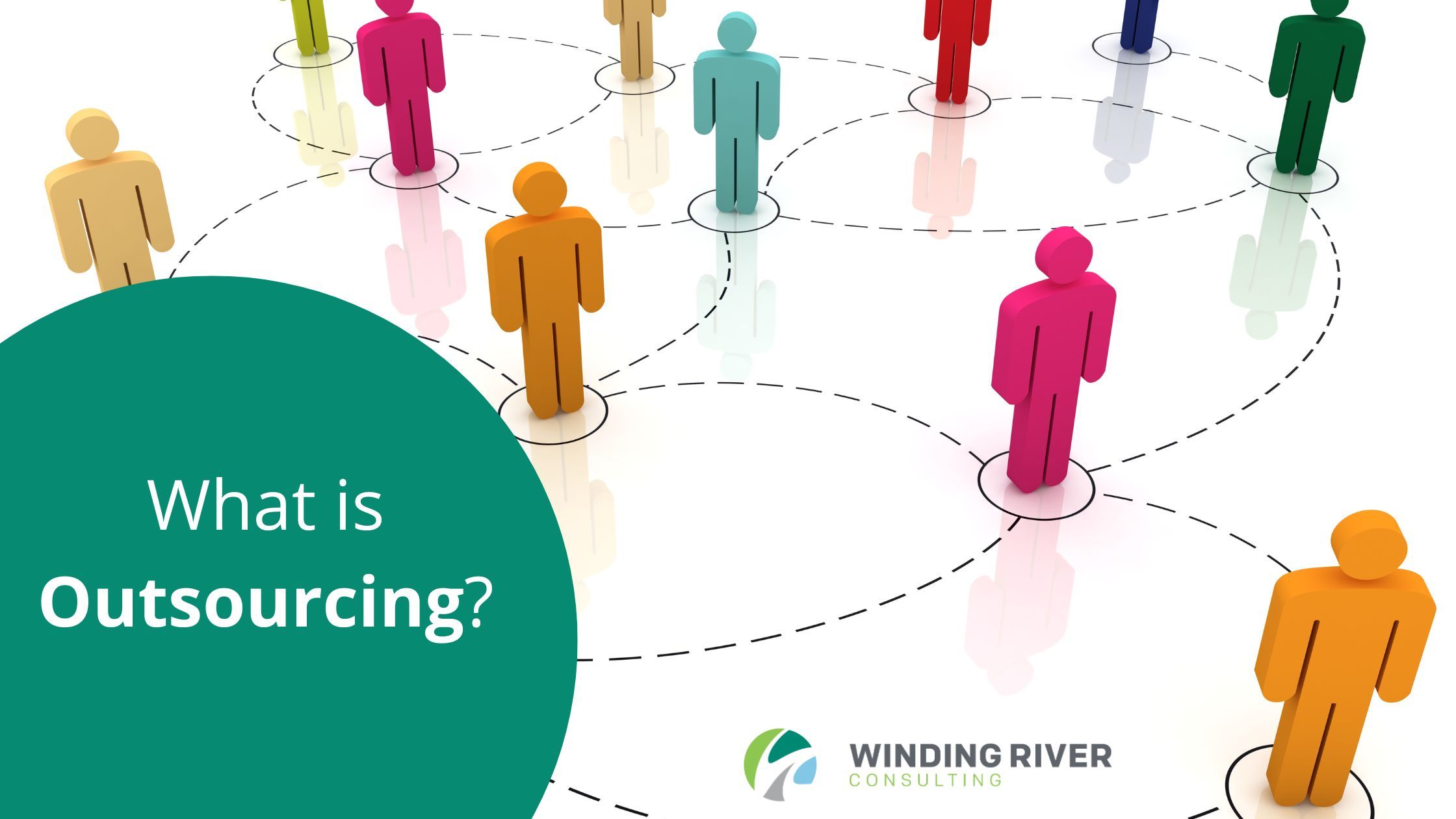4 min read
M&A, Private Equity and Unlocking Growth with Outsourced Accounting Talent
About the Author: Ilan Bernstein is the CEO of Trigger. Recent years have seen a flurry of mergers and acquisitions in the accounting industry. It’s...

David empowers firms to grow strategically by aligning innovation, insight, and execution. He leads WRC’s signature programs and advises firm leaders on M&A, digital growth, and leadership development.
Table of Contents
Content is what marketing variations have in common. Whatever your goal is for success (engagement, rankings, CTA download, etc…), it is achievable by delivering the right content to the right people at the right time in the right place.
For example, perhaps your firm was referred by an attorney to handle estate and trust work for a high-net worth family. Their family manager decides to search you or your firm on Google. They’ll likely find the firm’s website, and possibly a news article or your LinkedIn profile. Here are the questions you should ask:
Whether you are on the marketing team or working in an industry group tasked with the challenge to create content, it’s critical to understand the types of content that can be developed based on the impression, action and outcome you are looking to achieve. It’s important to note that when developing your content topics or calendar for 2022, developing a process and strategy to leverage the best outcome makes the difference between truly impactful content for prospects and clients, versus just producing what accountants think is most relevant.
There is an important season of analysis that informs what you write, film, script, or deliver. But once that’s done, you should be producing four different types of content for your website and/or blog:
SEO content raises awareness.
If you do not optimize your web content for SEO, you’re going to create a lot of great content that no one ever reads.
To clear up misconceptions, here’s what SEO is not:
So, what is it? It’s a focused strategy that addresses the entire body of your written work.
Optimizing content for search isn’t just about what people type into Google. Indexed copy is everywhere: anything that is searchable has to be indexed.
That’s a good litmus test: think of every digital property or platform you use — is there a search bar? Then what people write on it is indexed and can be written in a way to rank better as a search result.
Don’t miss the entire ecosystem of searchable content, which includes YouTube captions, LinkedIn posts, your Google Business listing, guest articles, podcast descriptions or transcripts: you name it. If it’s text-based, it can probably be optimized for search.
Policy or tax content establishes you as a reliable resource.
As an accounting professional, you have an inside line into what’s new in the world of accounting policies or tax. To magnetize your written content, you need to always be posting and publishing updates. It’s important that you become a trusted resource for regulatory changes, new legislation, new protocols, and even new processes.
This is a content type unique to our industry, and one that can differentiate you both with existing clients and with prospects. When people see you putting out authoritative, helpful information, your voice becomes the one they tune into.
Thought leadership content establishes you as an expert.
Personal branding is a key element of success in the market today. If you’re a partner in a firm, you should regularly weigh in on dynamics in the world of accounting, speak to common accounting issues and illustrate your expertise with thoughtful content. Original content goes a long way in showcasing your personal voice, making it clear that you are well-educated, well-informed and a capable contributor to conversations people care about.
The net impact of a group of partners doing this is incalculable. Multiple partners, each with a unique perspective and reflections, generating content will strengthen a firm’s identity in a way almost no other type of marketing can.
Note: It can be difficult to find the time, which is why many managing partners and partners use ghostwriters or white labeled content. However you produce it, getting your ideas and thought leadership into the world is one of the foremost ways to enhance visibility and influence.
Assignment selling content gets qualified leads to a point of conversion as fast as possible (and helps filter out unqualified leads).
To be visible is straight-up sales content. But, of course, this isn’t a world of paper-based ads or television spots anymore. In digital marketing, what we know about customers is immense, meaning we can tailor content to answer their questions, address their needs, alleviate any concerns and get them to an engagement faster.
This is achievable by assignment selling; a process which fully addresses how customers think and serves up relevant answers in a personalized way. The goal is that you create content that takes care of as much as 80% of a prospect’s challenges, answering everything from the process question to the cost question in advance. You make your value crystal clear, then segment audiences into specific journeys and deliver different types of content to encourage them along the way.
This is a sophisticated approach but one that is highly effective. Even among marketing professionals, creating this type of content can be a challenge. At Winding River Consulting, we specialize in it, so contact us if you want to investigate this content type more.
The goal of all content production is to increase brand awareness and, ultimately, profitability. There are varying timelines for return on various types of content. For instance, SEO is a long-game, while assignment selling may yield some quick wins. Ultimately, all four types of content are essential for strategies that lead to success.
You wouldn’t make any kind of business decision without a plan, and content production should be no different. If your current processes are either non-existent or fragmented, you may be due for a reset and restart. The future of your firm could depend on your ability to thrive online. If you need a hand, you can always reach out to us: (440) 723-3653.

4 min read
About the Author: Ilan Bernstein is the CEO of Trigger. Recent years have seen a flurry of mergers and acquisitions in the accounting industry. It’s...

2 min read
As the accounting industry navigates a worsening talent shortage, many forward-thinking firms are redefining their approach to talent management. To...

3 min read
In an age of steep competition, many accounting firms are deploying a valuable, ‘tried-and-true’ strategy: nicheing. Specializing into a submarket...